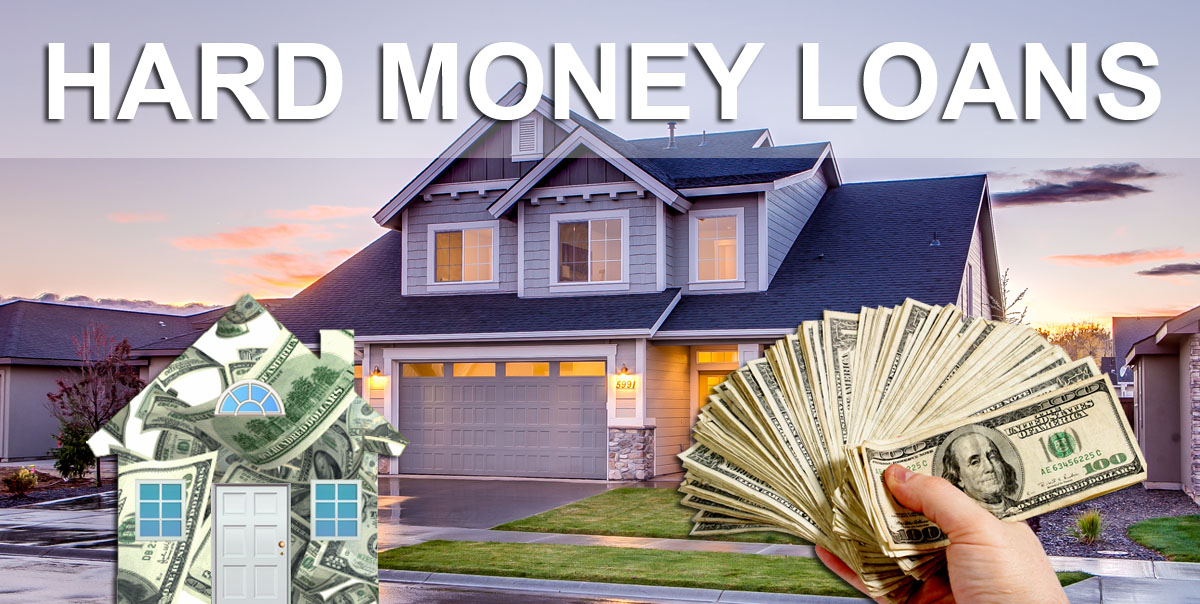Hard money loans are not inherently punitive, but they can feel that way if you’re not prepared for their strict terms and high costs.
Here’s a breakdown to clarify:
🔍 What Makes Hard Money Loans Seem Punitive?
-
High Interest Rates
-
Typically 10%–15% (or more), vs. 6%–8% for conventional loans.
-
Monthly payments can be steep, especially on larger loans.
-
-
Large Upfront Fees (Points)
-
2 to 5 points (2%–5% of the loan amount) are common.
-
These are paid regardless of whether the project succeeds.
-
-
Short Terms
-
Usually 6 to 12 months.
-
Not paying back in time can lead to default, extensions (with more fees), or foreclosure.
-
-
Aggressive Foreclosure Policies
-
Hard money lenders often act quickly if payments are missed.
-
Since their focus is on the asset, they’re more willing to take it back.
-
-
No Consumer Protections
-
These are business loans, so standard consumer lending laws often don’t apply.
-
There’s no “cooling-off” period, and disclosures may be minimal.
-
🔧 But They’re Not Meant to Be Punitive
Hard money loans are tools, especially for:
-
Real estate investors needing fast funding.
-
House flippers with equity but poor credit.
-
Bridge loans while refinancing or selling.
They trade cost for speed and flexibility. If used strategically, they can be highly effective.
✅ When They Make Sense
| Use Case | Why Hard Money Works |
|---|---|
| Fix-and-flip | Fast closings, rehab draws |
| Bridge loan | Quick capital before long-term financing |
| Property with bad title | Lenders may work around issues |
| Poor credit, strong deal | Focus is on asset, not borrower |
⚠️ When They Can Backfire
-
If you overestimate ARV or rehab budget
-
If market shifts and you can’t sell/refi
-
If you miss payments and trigger default clauses
-
If you’re inexperienced and underestimate holding costs
🧠 Bottom Line
Hard money loans are expensive but not evil. They’re not meant for long-term use, and they work best for experienced investors who can handle risk and move fast. Used correctly, they can unlock opportunities; misused, they can cost you your property.
If you’re interested in getting involved with real estate investing and need the capital to purchase properties hard money is a great way to get started. Brad Loans has extensive experience in both real estate investing and hard money lending and is proud to offer Phoenix Valley real estate investors the financing they need. It is easy to get started applying for hard money loan and Brad Loans is able to work with clients with bad credit and no credit. We are your source for hard money when traditional banks say no. Read more about Brad Loan’s hard money loan programs or get started fill out our hard money loan application or give us a call to ask questions at 602-999-9499.





